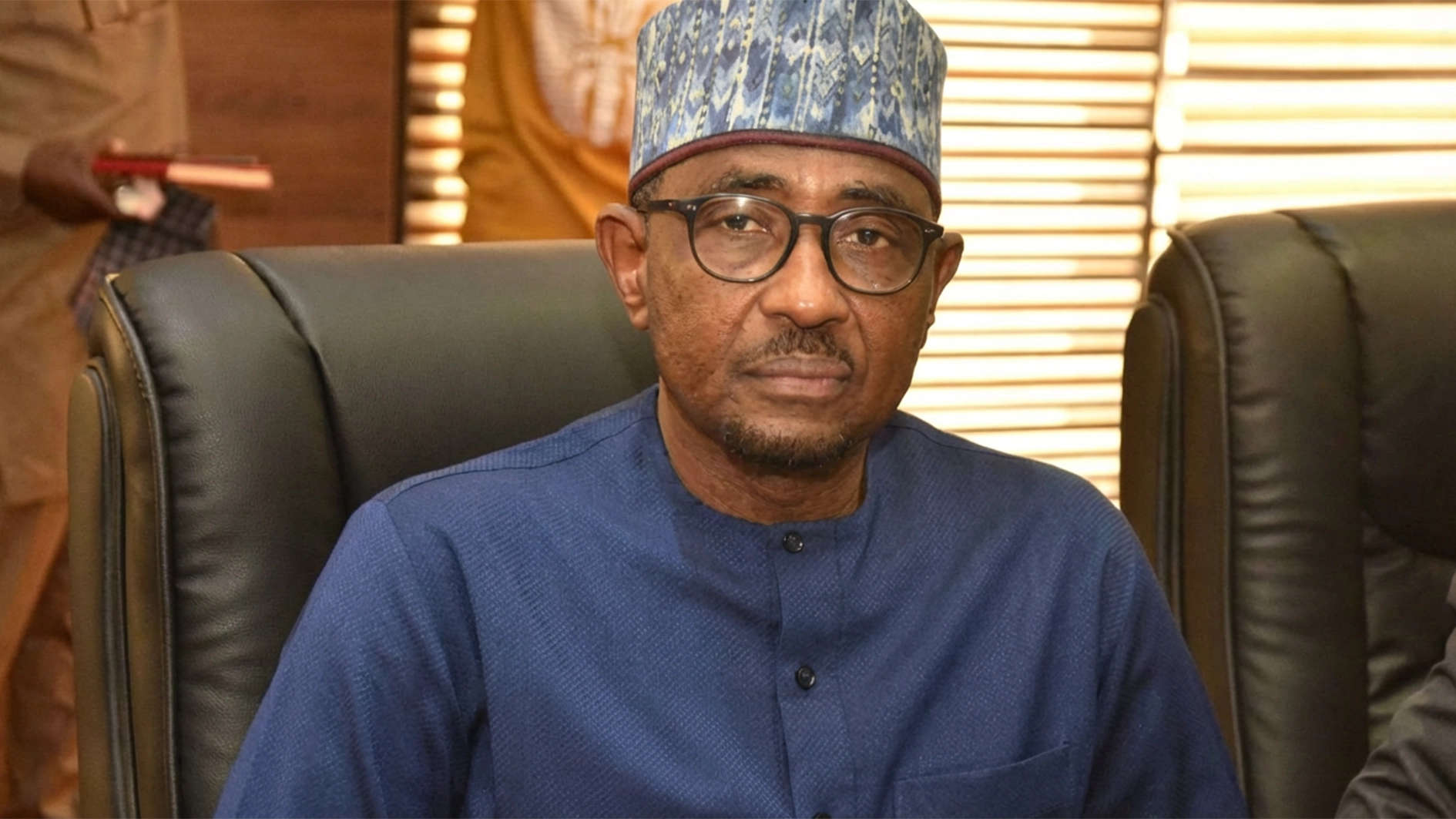The Nigerian Air Force (NAF) has bombed Arra, a notorious terrorists’ hideout within the Sambisa general area, killing many of them, significantly degrading their operational capabilities, and disrupting their command and logistics networks.
“The strike achieved its intended effect with the complete destruction of all identified targets, significantly degrading the terrorists’ operational capabilities and disrupting their command and logistics networks,” NAF’s spokesman, Air Commodore Ehimen Ejodame, said in a statement.
Ejodame said the Air Component of the Joint Task Force Operation Hadin Kai (OPHK) carried out the attack on Wednesday.
He said this was after a series of intelligence, surveillance and reconnaissance (ISR) missions that tracked terrorist movements following the 17 October ambush on ground troops at Kashomri.
The NAF spokesman said persistent ISR coverage over Kashomri and Sambisa revealed suspicious activities and active terrorist structures at Arra, prompting a deliberate, intelligence-driven strike.
According to him, NAF air assets acquired and engaged designated objectives through coordinated, successive passes.
He stated that the successful mission underscored the NAF’s unwavering commitment to protecting the nation, supporting ground forces, and sustaining relentless pressure on terrorist elements across all theatres of operation.
The Nigerian Air Force, he said, remained resolute in its mission to neutralise threats, defend Nigeria’s territorial integrity, and secure enduring peace for all citizens.
Meanwhile, the Chief of Army Staff (COAS), Lt.-Gen. Waidi Shaibu, has reaffirmed that strong leadership and continuous training remain the cornerstones of operational effectiveness in addressing contemporary security threats.
He stressed the role of training in military professionalism, describing it as the “best gift” the institution offers its personnel.
The army chief made the remarks on Wednesday during his operational tour of the 1 Division Area of Responsibility in Kaduna.
He encouraged soldiers to take full advantage of courses provided by Nigerian Army training schools and divisional institutions to improve their competence and enhance personal development.
Shaibu emphasised that leadership remained the most decisive factor in tackling insecurity, noting that effective leadership at all levels was essential for safeguarding lives and property.
He urged officers to remain exemplary figures whom soldiers could confidently rely on.
Shaibu said that “leading troops in battle is a core responsibility of every officer, calling for unflinching dedication, loyalty and purposeful leadership on and off the battlefield”.
He also charged soldiers to obey and trust their commanders, stressing the importance of loyalty, discipline and commitment in executing their constitutional duties.
Shaibu promised to prioritise the welfare of officers and soldiers.






